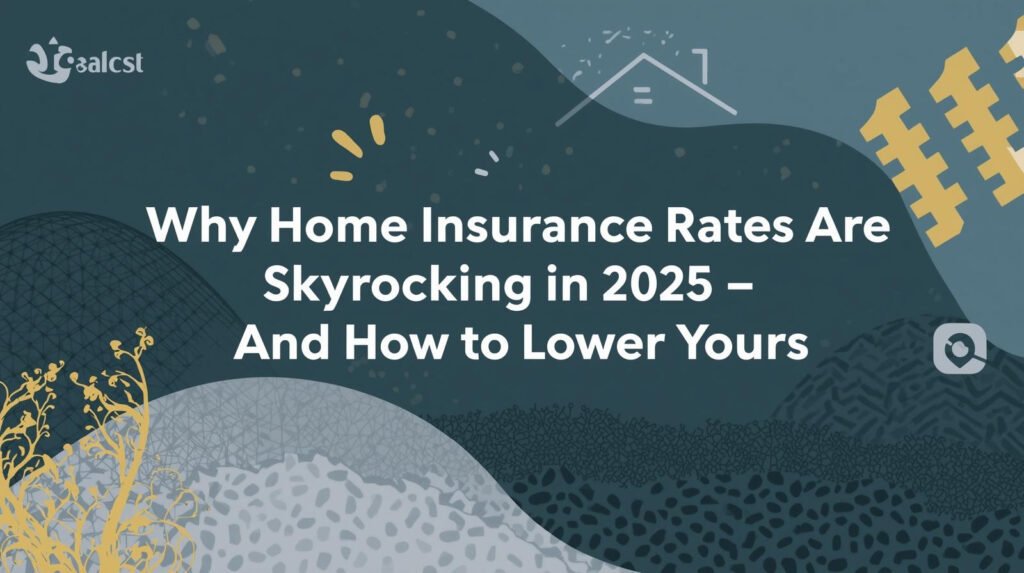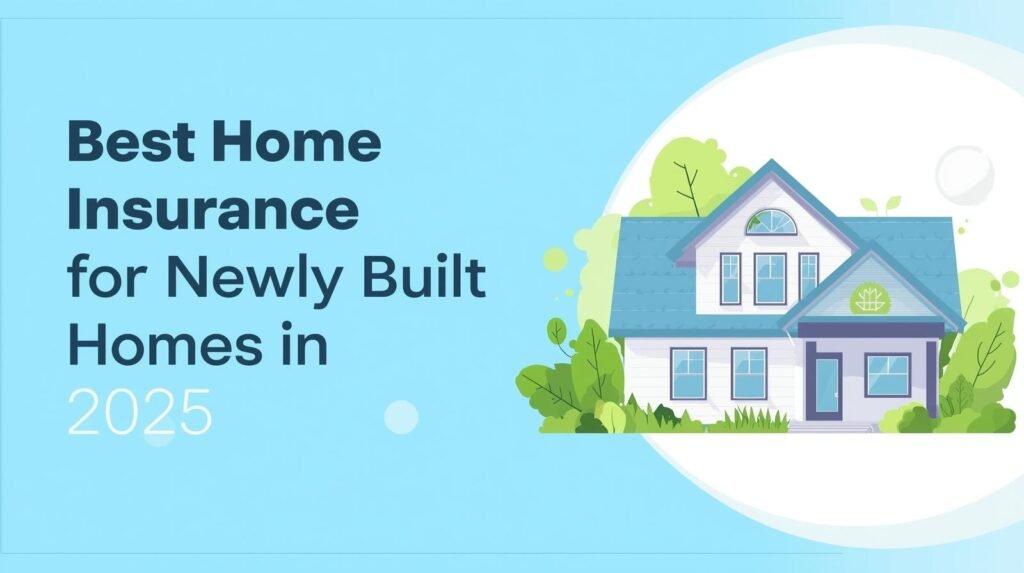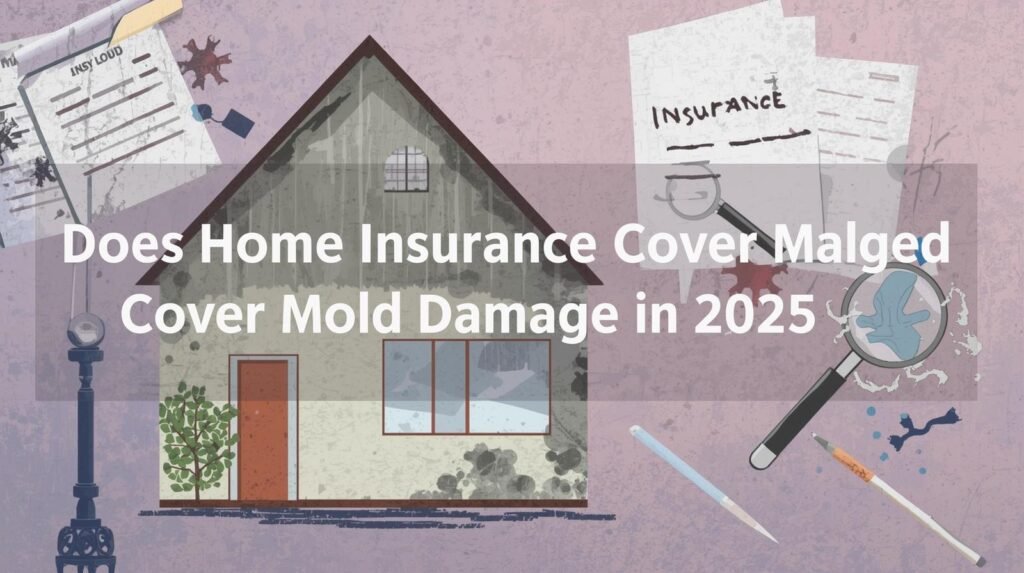Home insurance is one of those things you hope you’ll never need, but it’s also one of the most important financial safety nets you can have. It covers your house—the roof over your head—and everything inside it. But here’s the catch: your insurer can cancel or decide not to renew your policy.
In 2025, with climate-related disasters, inflation, and an uptick in claims across the U.S., more homeowners are receiving letters they never expected: notices that their policy is being canceled or not renewed.
So, how do you protect your coverage and make sure you’re not left scrambling for a new insurer at the last minute? Let’s break it down step by step.
Cancellation vs. Non-Renewal: What’s the Difference?
Understanding the terms is half the battle.
- Cancellation: This usually happens within the first 60 days of a policy. Insurers can cancel for reasons like missed premium payments, fraud, or discovering major risks (like an unsafe roof or faulty wiring). After 60 days, cancellations typically only occur for missed payments or proven fraud.
- Non-renewal: This happens at the end of your policy period. The insurer decides not to extend coverage for another year. Non-renewal is becoming more common in high-risk states (California, Florida, Louisiana) where insurers are pulling back due to wildfire, hurricane, and flood risks.
Key takeaway: Cancellation means immediate coverage loss; non-renewal means your policy won’t continue at the end of its term. Both can leave you vulnerable.
Why Insurance Companies Cancel or Non-Renew Policies
Here are the most common reasons:
- Too many claims in a short period – Multiple claims, even small ones, can label you as “high-risk.”
- Missed or late premium payments – Payment history is one of the simplest factors insurers use.
- Major safety issues – Old roofs, damaged siding, faulty wiring, or broken railings can make your property unsafe.
- High-risk location – Homes in areas prone to wildfires, floods, or hurricanes are at greater risk.
- Fraud or misrepresentation – Leaving out key information (like owning a wood-burning stove or running a home business) can void your policy.
Steps to Protect Your Home Insurance From Cancellation
Let’s go through the practical things you can do to stay covered.
1. Stay on Top of Premium Payments
Missed or late payments are the number one reason for cancellation. Set up:
- Auto-pay with your bank or insurer.
- Calendar reminders a week before payment due dates.
- Backup payment methods so a declined card doesn’t cause a lapse.
👉 Even a single lapse can make it harder to get coverage later.
2. Keep Your Home in Good Repair
Your home’s condition directly affects whether an insurer sees you as a good risk. Routine maintenance makes a difference:
- Replace or repair old roofing before it becomes an issue.
- Update electrical wiring or plumbing if outdated.
- Remove dead trees or overhanging branches.
- Repair broken steps, cracked sidewalks, or loose railings to reduce liability claims.
Pro tip: In many states, insurers conduct home inspections before renewal. A well-maintained property signals lower risk.
3. Be Strategic With Claims
Of course, insurance is there to be used—but filing multiple small claims can backfire.
- Pay for minor repairs out of pocket.
- Bundle multiple small issues into one claim if possible.
- Reserve claims for significant, unavoidable damage.
Why this matters: Insurers track your claims history. Too many claims in a short span = higher chance of cancellation or non-renewal.
4. Strengthen Your Risk Profile With Safety Upgrades
Adding modern protective devices shows insurers you’re proactive:
- Smart smoke and carbon monoxide detectors alert faster than traditional alarms.
- Water leak sensors with automatic shut-off valves can prevent costly flooding damage.
- Monitored security systems deter burglars and reduce theft risks.
- Storm shutters or impact-resistant windows protect homes in hurricane-prone regions.
Some upgrades even qualify for premium discounts. For example, water leak detectors can lower costs by up to 10–15% with certain insurers.
5. Be Honest on Applications
It’s tempting to leave out “risky” details (like a trampoline or a rental unit), but failing to disclose them can void your policy. If your insurer finds out later, not only can they cancel you, but they might also deny claims. Transparency is your best protection.
6. Avoid Coverage Gaps
Switching carriers? Make sure your new coverage starts before your old one ends. Even a day or two without coverage can:
- Trigger higher rates.
- Raise red flags for future insurers.
- Leave you financially exposed if disaster strikes.
7. Work With an Independent Agent
Independent agents represent multiple insurers, not just one. If your carrier cancels or non-renews, they can shop around for the best alternative. This is especially valuable in high-risk states where options are limited.
What to Do If You Get a Cancellation or Non-Renewal Notice
So, what if the dreaded letter arrives?
- Read it carefully. Insurers must state the reason.
- Call your insurer. Some issues (like roof repairs) can be resolved, and coverage reinstated.
- Start shopping immediately. The earlier you look, the more options you’ll have.
- Explore state-backed options. FAIR Plans (Fair Access to Insurance Requirements) are available in many states for those who can’t find private coverage.
👉 Don’t wait until your policy expires—replacement coverage takes time.
Cost Factors: Why Some Homes Are Harder to Insure in 2025
- Location risks – Living in wildfire zones, hurricane belts, or floodplains can push premiums up—or push insurers out entirely.
- Claims history – Too many claims make you a higher risk.
- Home age & condition – Older homes with outdated wiring or roofing cost more to insure.
- Natural disasters & climate change – Catastrophic weather events are increasing, and insurers are tightening underwriting rules.
A Quick Comparison: Homeowner Risks vs. Preventive Actions
| Risk Factor | How It Affects You | What You Can Do |
|---|---|---|
| Late or missed premium payments | Immediate cancellation possible | Set up auto-pay or reminders |
| Multiple small claims | Insurer may non-renew | Pay out-of-pocket for minor issues |
| Old roof or faulty wiring | Insurer sees home as unsafe | Schedule upgrades and repairs |
| High-risk location | Higher premiums, limited coverage options | Invest in safety upgrades, shop multiple carriers |
| Hidden risks (trampolines, wood stoves, rentals) | Cancellation if undisclosed | Always be upfront in applications |
Future Trends: What Homeowners Should Expect in 2025 and Beyond
- Stricter underwriting – Insurers are getting tougher on homes in disaster-prone areas.
- More inspections – Expect surprise inspections to check roofs, exteriors, and maintenance.
- Bundling discounts – Pairing home and auto coverage is still a strong way to reduce premiums and keep policies active.
- Tech-driven insurance – Insurers are increasingly rewarding smart devices like leak detectors, smoke alarms, and electrical monitors.
The Bottom Line
Your home is your biggest asset, and losing insurance puts it at risk. But you’re not powerless. By paying premiums on time, maintaining your property, limiting unnecessary claims, and upgrading safety features, you reduce the chances of cancellation or non-renewal.
And if your insurer does drop you, don’t panic. Explore other carriers quickly, consider FAIR Plans if necessary, and lean on independent agents for help. Staying proactive today can save you from major financial headaches tomorrow.
FAQs About Home Insurance Cancellation
Q: Can my insurer cancel my policy without notice?
No. Insurers must give advance notice (usually 30 days for non-renewal, 10–30 days for cancellation depending on the reason and state laws).
Q: Will filing one claim get me canceled?
Usually not. But multiple claims in a short period—especially small ones—raise red flags.
Q: Can I get coverage if my insurer non-renews me?
Yes, but it may be harder or more expensive. Independent agents or state FAIR Plans can help.
Q: What if my insurer says my home is too old or unsafe?
You may need to complete repairs (like a new roof or wiring) before being eligible for new coverage. Some insurers will issue conditional policies if you commit to upgrades.
Q: How do FAIR Plans work?
FAIR Plans are state-run insurance programs designed to provide coverage when private insurers won’t. They often cost more and may offer less coverage, but they ensure you’re not left uninsured.
Q: Do smart devices really help keep coverage?
Yes. Devices like water shut-off systems, monitored alarms, and fire detectors can reduce both risk and cost. Some insurers give discounts or consider them a positive factor at renewal.







